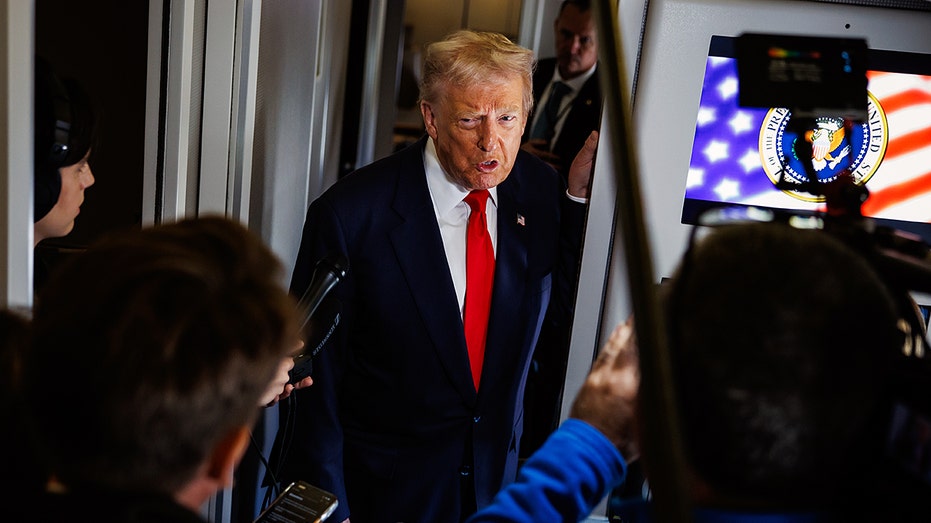The situation in Venezuela has spiraled into a dangerous game of geopolitical chess, reaching a fever pitch with a clandestine operation that could have dramatically altered the country’s leadership. A daring, and ultimately unsuccessful, attempt to intercept President Nicolás Maduro involved a startling proposition: hijacking a presidential flight.
Intelligence operatives reportedly approached a pilot within Maduro’s inner circle, attempting to recruit him into a scheme of extraordinary risk. The plan hinged on diverting a flight – carrying Maduro himself – into airspace where US authorities could legally detain the Venezuelan president. It was a bold maneuver, fueled by escalating tensions and a desire to break the political deadlock.
The offer, as revealed in circulating footage, wasn’t simply a request; it allegedly included substantial financial incentives. The pilot was presented with a lucrative deal, a sum designed to outweigh the inherent dangers and betrayals involved in such a high-stakes operation. The details of the proposed payment remain shrouded in secrecy, adding another layer of intrigue to the unfolding narrative.

However, the pilot reportedly refused the offer, rejecting the opportunity to participate in what would have been a monumental act of political intervention. His decision effectively thwarted the operation, preventing a potential international incident and preserving, for the moment, the status quo. The reasons behind his refusal are currently unknown, but likely involve a complex web of loyalty, fear, and self-preservation.
This failed attempt underscores the lengths to which external forces are willing to go to influence the outcome of Venezuela’s political crisis. It highlights a desperate search for solutions, even those bordering on the reckless, as the country continues to grapple with economic collapse, political instability, and widespread humanitarian concerns. The incident serves as a stark reminder of the volatile landscape and the high stakes involved.
The video evidence, now widely circulated, provides a glimpse into the shadowy world of intelligence operations and the lengths to which governments will push to achieve their objectives. It raises critical questions about the ethics of intervention, the boundaries of national security, and the potential consequences of such covert actions. The fallout from this revelation is likely to reverberate for some time.





